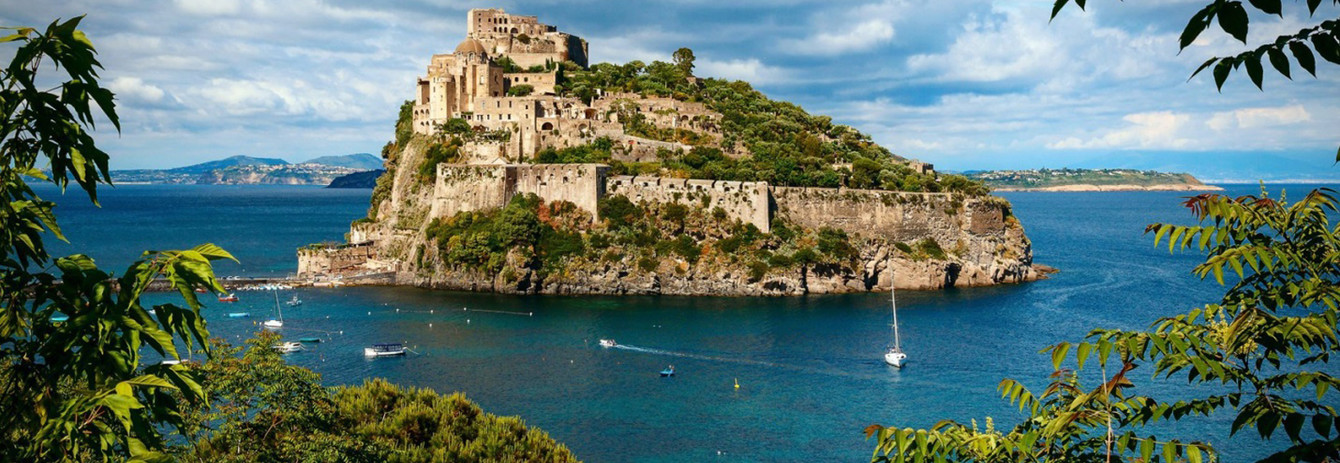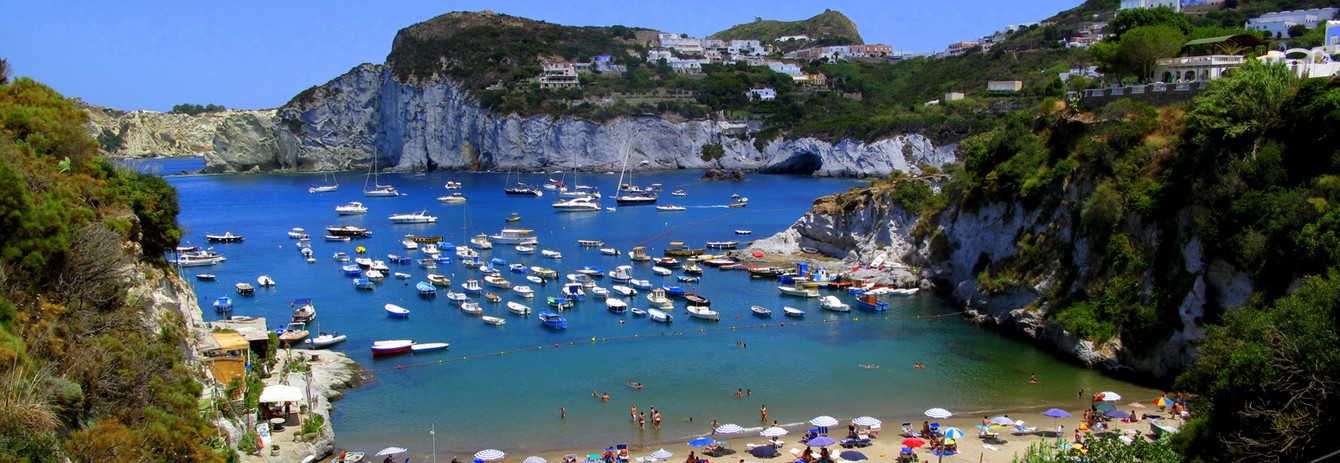
- 13.07.2020
- 777
Alternative energy use on board
A modern yacht is not just a means of transportation, but also a complex complex of systems (navigation, household, electrical, water, security systems) that consume energy. The various instruments on board must be powered by electricity regardless of weather or other sailing conditions. In addition, the number of electricity consumers on board is increasing from year to year due to the development of technology. Consider how you can get the required amount of energy on board from alternative sources while traveling away from the coast?

To ensure the longest possible battery life, do not discharge them to less than half of 100% charge. Most yachtsmen use a propulsion generator to recharge batteries when the vessel is at a great distance from coastal communications. But when traveling, the consumption of electricity per day can reach 100 Ah, and to cover these energy costs, you will have to make the engine work 6 hours every day.
If we compare all possible energy sources that can be used on board, then the most efficient option (in terms of the time spent on generating 100 Ah per day) will be using the engine, and the least efficient - wind generator.
It is possible to determine the total electricity consumption on board per day, having information about the amount of current consumed from the battery by each device in Ah, and about the period of its operation. Multiplying the amount of consumed electric current by the operating time of the device per day, find out its daily consumption in Ah. But for individual devices (for example, a refrigerator, in which the compressor works and consumes electricity only periodically), it is necessary to calculate the actual operation time, and not the time during which they are connected to the on-board power supply.

Due to the fact that the likelihood of the absence of wind and sun during travel is high, then wind farms and solar panels cannot act as reliable sources of energy. You should not rely entirely on them, and when using them, you must definitely have another option for supplying electricity on the ship.
Under certain conditions, alternative energy sources can perfectly complement each other, providing power to devices in calm and bad weather, which guarantees a safe journey.
With relatively low power, solar panels need large areas to be used to justify their use. Therefore, they cannot make a significant contribution to the organization of energy supply on the yacht. According to experienced sailors 2yachts, the use of solar panels is especially effective when sailing in southern latitudes, where there is no problem with the sun. The power of a large solar panel is sufficient to power, for example, a refrigerator when traveling in the Mediterranean.
Wind turbines vary in size and efficiency, they are all noisy and can pose a safety hazard, and in inclement weather they create unnecessary windage, leading to problems. Small generators are well suited for maintaining battery power when docked in port. In regions where wind is prevalent throughout the year, wind turbines can supply the yacht's full power requirement. Thanks to the use of wind and solar energy, it is possible to save up to 30% of fuel in the ocean, which significantly reduces the operating costs of maintaining the yacht.

Hydro generators, towed behind the yacht when at full speed, are very powerful yet quiet and can be used successfully to generate electricity. In such a device, the propeller turbine transmits torque to the generator shaft, which is fixed on the transom of the ship. Due to their small size and ease of use, hydro generators are very convenient and can generate current around the clock while the yacht is under way. However, the turbine slows down the yacht a little, and large sea fish can damage the propeller and therefore you must always have a spare on board. Another modification of hydrogenerators is more efficient - with a turbine mounted on a metal pole, as an example, a DuoGen generator can work in water as a hydrogenerator, and brought into a vertical position and with a wind propeller - as a wind generator. Using the energy of water, DuoGen starts generating electricity when the yacht reaches a speed of 2 knots, at a speed of 7 knots, the 12-volt current reaches 11 Amperes, and at 8 knots - already 16 Amperes!
Marine fuel cells that use the energy to convert hydrogen to electricity are quiet, compact and highly reliable. The products of such batteries, in addition to electricity, are water and carbon dioxide. Fuel batteries function as a buffer component, turning on when the voltage drops below 12.6 V and compensating for the consumption of electricity from the battery. However, it should be remembered that the fuel used for such batteries is flammable and special storage conditions must be observed. It is also necessary to constantly maintain a supply of fuel - 5 liters for 3 days of work with an output of 100 Ah per day.

Precautions
When using any energy source, the yacht's electrical network must be grounded for AC and DC, which can accumulate in the metal elements of the boat. All massive iron parts of the vessel must be connected to an anode or ground plate fixed to the hull below the water level. Also on board must be used only special marine wiring, well insulated, flexible and not susceptible to fatigue damage.
Checking the condition of the electrical network must be carried out before the start of the season and at the end of it, if traces of corrosion of the contacts and a violation of the insulation of wires are found, the damaged places must be replaced. Please disconnect the batteries before disassembling the power supply. When connecting new DC consumers, you should first make sure that they will not cause an overload in the electrical network. You also need to make sure that the cross-section of the wires is sufficient to cope with the electricity passed through them.
Batteries should be securely fixed, preferably in a special ventilated container that prevents electrolyte leakage even in the event of a ship capsizing. If you leave the yacht for a long time, make sure that the batteries are 100% charged, as they inevitably discharge over time, and leaving the onboard batteries completely discharged for a long time will greatly reduce their service life.
If you are interested in yacht rental in your preferred region - we recommend that you contact the specialists of 2yachts, who are always ready to arrange advice on the selection, purchase and operation of yachts. The company's managers will select for you the most profitable and relevant offers presented on the yacht market and will provide comprehensive support at all stages of the transaction.

